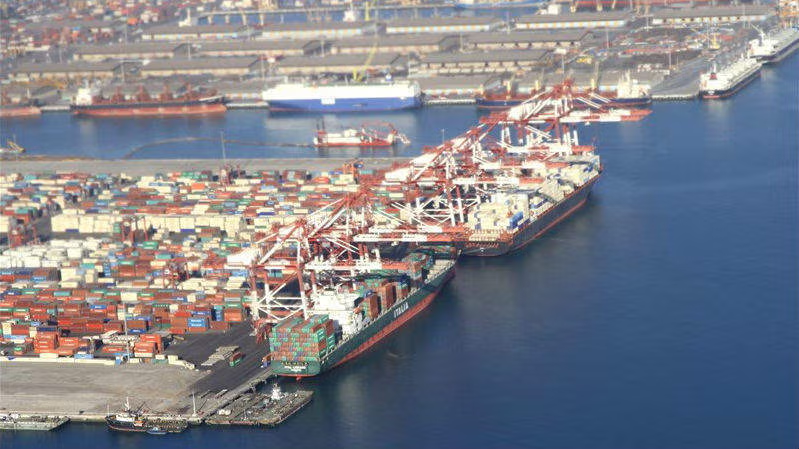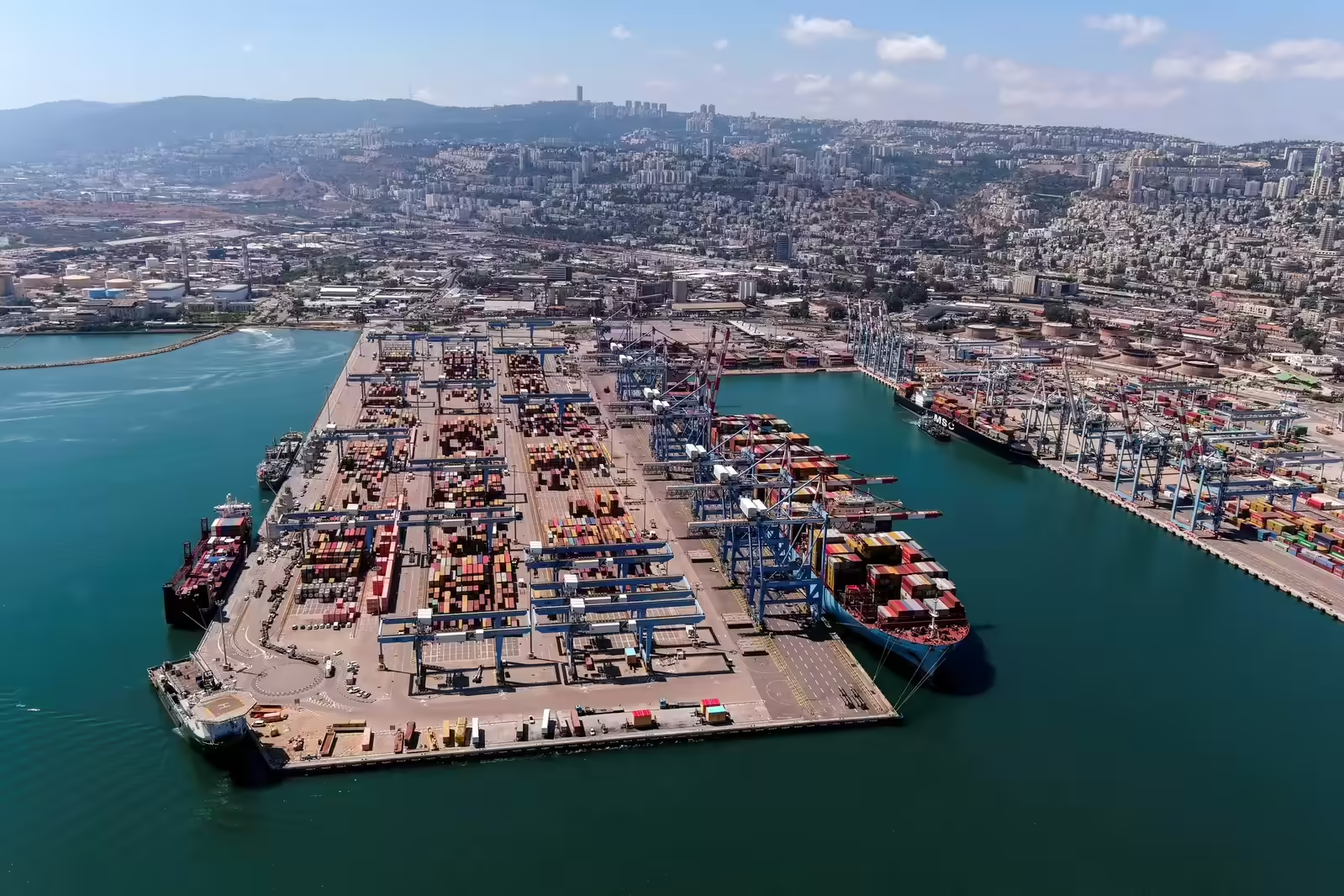In a move that could reshape the Chabahar Port geopolitical and trade dynamics of South Asia, the United States has revoked the long-standing sanctions exemption for Iran’s Chabahar Port, a key maritime gateway used by India to access Afghanistan and Central Asia.
The decision, announced on 18 September 2025, will take effect from September 29, marking a significant shift in Washington’s Iran policy. This development not only threatens India’s strategic connectivity projects in the region but also raises concerns about increased Chinese influence in Iran’s infrastructure. Analysts believe the move could strain U.S.-India relations and disrupt critical supply chains that link South and Central Asia, potentially redefining regional alliances and trade routes in the months ahead.
What Is the Chabahar Port and Why It Matters
The Chabahar Port, located on Iran’s southeastern coast, has been a cornerstone of India’s regional connectivity plans. It provides New Delhi with a direct route to Afghanistan, bypassing Pakistan, which has long been a diplomatic and logistical barrier for Indian trade.
Developed jointly by India and Iran, Chabahar Port serves as a crucial link in the International North-South Transport Corridor (INSTC), connecting India to Central Asia and even parts of Europe through a multimodal transport network.
For years, Washington had allowed India to continue its investments and trade through Chabahar Port, recognizing its importance in supporting Afghanistan’s economic stability and reducing China’s growing influence in the region.
Why the U.S. Changed Course
According to U.S. officials, the revocation aligns with the administration’s broader effort to tighten economic pressure on Iran, particularly targeting entities linked to the Islamic Revolutionary Guard Corps (IRGC). The exemption, originally granted under the Iran Freedom and Counter-Proliferation Act (IFCA), had enabled India and several regional partners to operate in Chabahar without fear of secondary sanctions.
Analysts suggest the move could also be part of Washington’s recalibration toward its strategic partnerships, balancing its relationships with India, Israel, and Gulf allies while maintaining pressure on Tehran’s nuclear and regional activities.
How It Impacts India and the Region

For India, the decision is a diplomatic and economic setback. The port not only supports trade with landlocked Afghanistan but also plays a vital role in countering China’s Belt and Road Initiative (BRI), especially its expansion through Pakistan’s Gwadar Port, located just 170 km away from Chabahar.
Indian officials have expressed “deep concern” over the U.S. decision and are reportedly in talks with Washington to explore alternative arrangements or limited waivers for ongoing projects. New Delhi argues that Chabahar is essential for regional stability and that its operations serve mutual strategic interests with the West.
Afghanistan, which has relied on Chabahar for humanitarian and commercial supplies, could also face disruptions in essential imports, further worsening its fragile economic conditions.
A New Geopolitical Equation
The revocation comes at a time when global power blocs are shifting rapidly. Iran has strengthened ties with China and Russia, while India continues to maintain a delicate balance between the United States and its regional partners.
Experts warn that the move could push Iran closer to Beijing and Moscow, while testing India’s diplomatic agility in maintaining its long-term connectivity goals without violating international sanctions.
What Lies Ahead
Whether Washington’s decision leads to renewed negotiations or further divides remains to be seen. For now, the Chabahar episode underscores a broader truth of modern geopolitics no corridor or cooperation is immune to power politics.
As sanctions return and alliances evolve, India’s next steps in navigating this challenge will determine whether it can preserve its regional ambitions or be forced to redraw its trade routes altogether.









